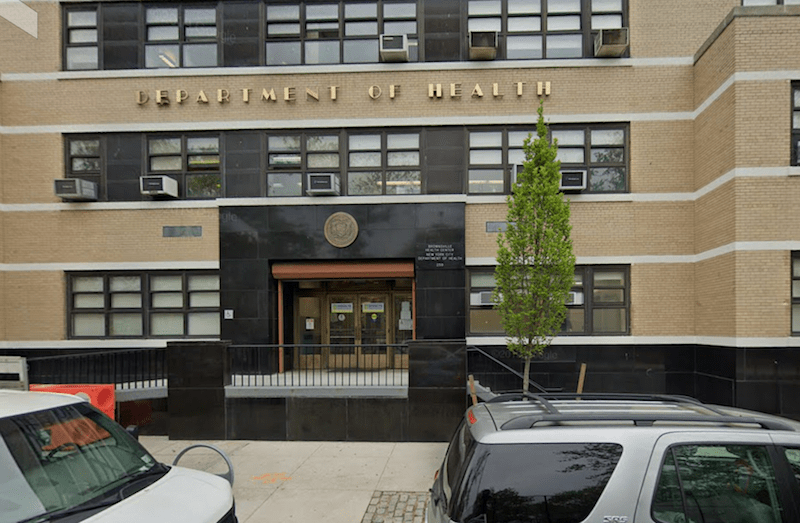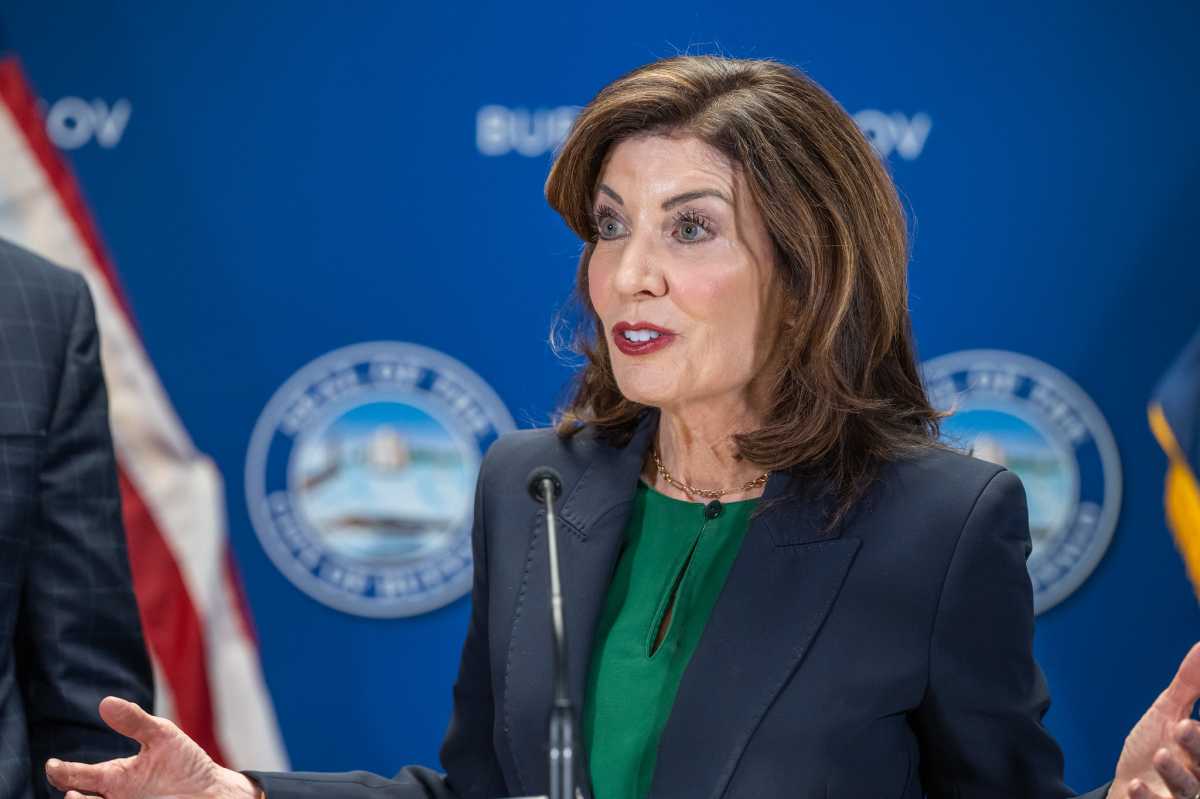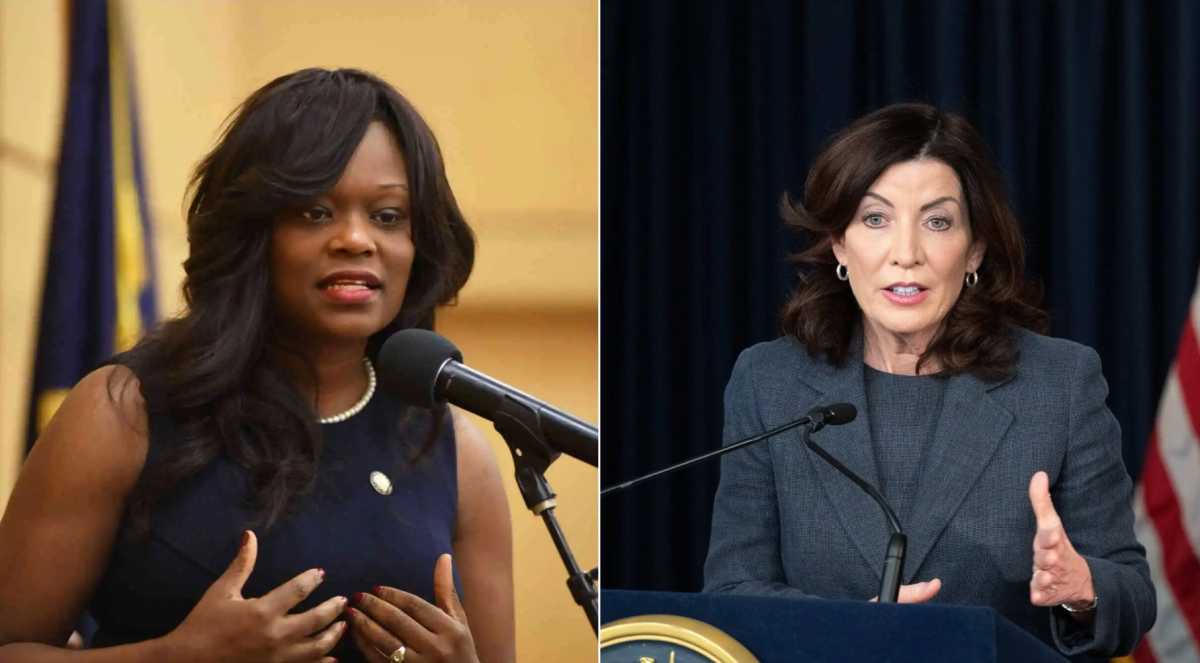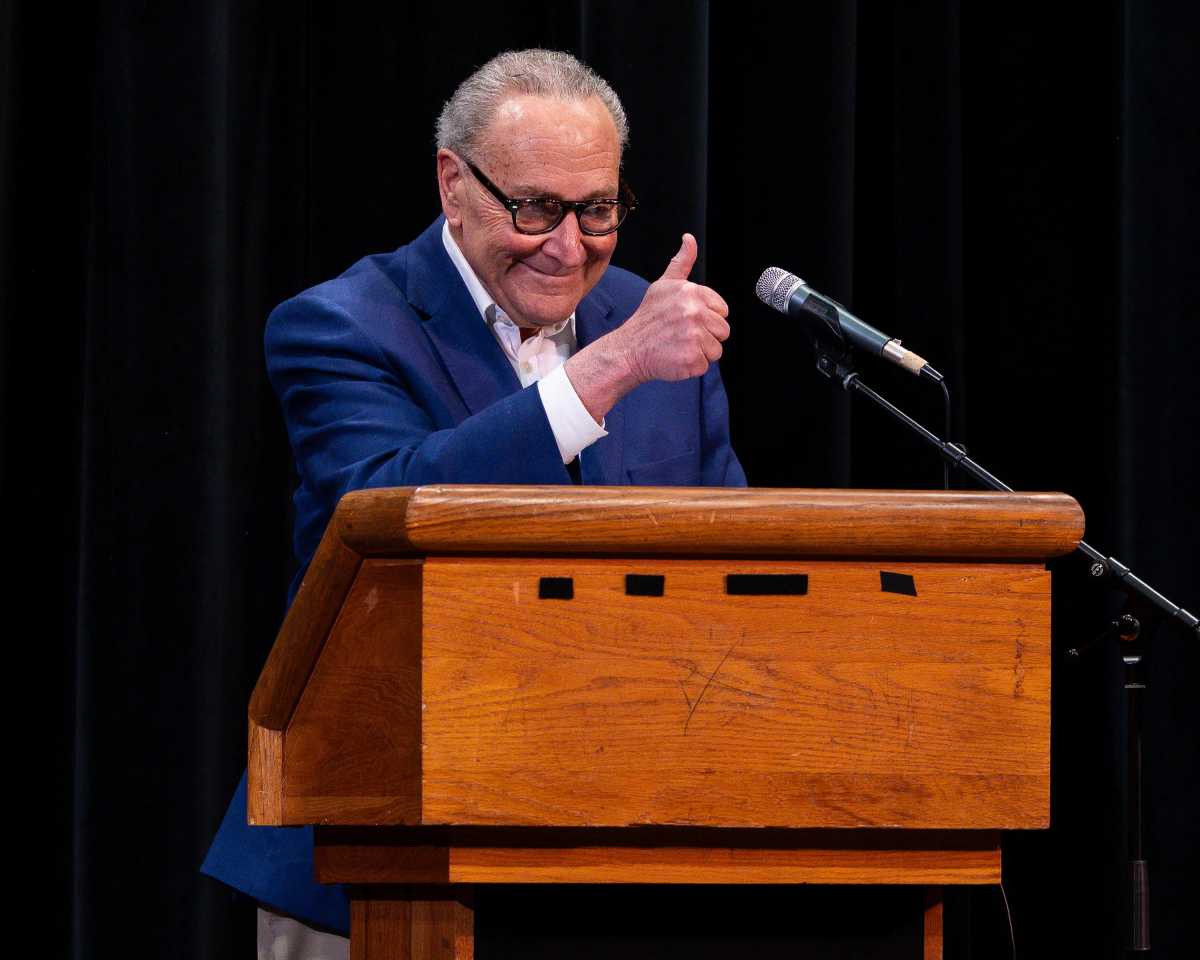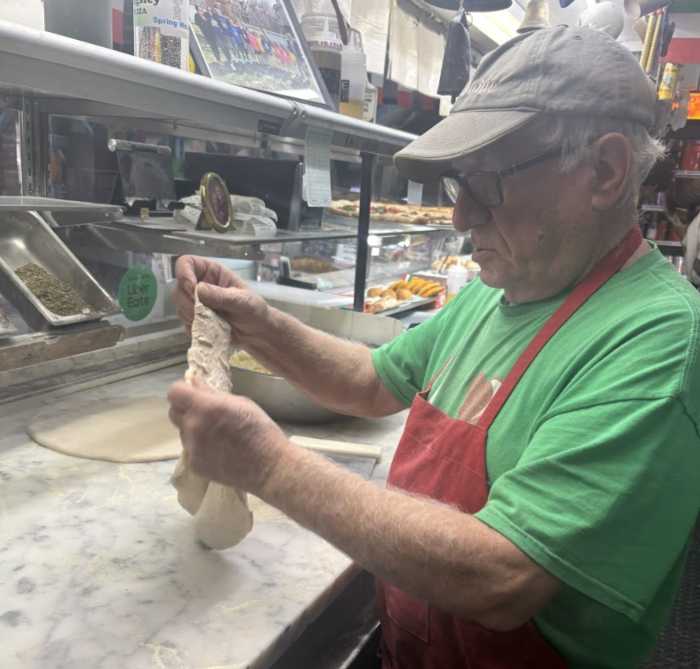The State Department of Health (DOH) this week announces the approval of a federal Medicaid waiver to improve and strengthen care access for children with needed health assistance by expanding affordable home and community-based services.
The initiative comes as the DOH has shown a growing awareness of neighborhood conditions and the health care access of those who apply for Medicaid. As such, the DOH created Center for Health Equity, a program dedicated to ending health inequity and environmental racism in low-income communities through Neighborhood Health Action Centers.
In Brooklyn, they put these centers in East New York and Brownsville.
“Expanding coverage of community-based and at-home healthcare services will allow children throughout the state to receive necessary services while remaining at home and in their communities,” said DOH Commissioner Dr. Howard Zucker. “New York State’s Medicaid program continues to expand under Governor Cuomo’s leadership, while we explore innovative healthcare delivery models that cut costs and improve outcomes”.
The program will cater to more than 6,000 youth under the age of 21 who face multiple serious health issues and maybe coerced to living in hospitals or institutions for health and care.
The Medicaid Redesign Team’s Children’s Subcommittee helped design and participate in the development and design of children´s MRT initiatives, including the transition of behavioral health and other services to managed care, the transition of children in foster care to managed care, and the integration of the delivery of Health Home care management model for children in the design, according to the DOH website.
The care management will cater care plans to medically fragile children, children with a behavioral health diagnosis, serious emotional disturbances, developmental disabilities, and/or in foster care.
“Children who are involved with the child welfare system often have complex medical and behavioral health needs,” said Office of Children and Family Services Commissioner Sheila J. Poole.
“We look forward to the opportunity this transition will bring to youth in foster care and will continue to work in collaboration with our partner state agencies, local departments of social services and voluntary agencies to make families aware of newly available services and how they can tailor the way those services are delivered to best meet their individual needs,” she added.


